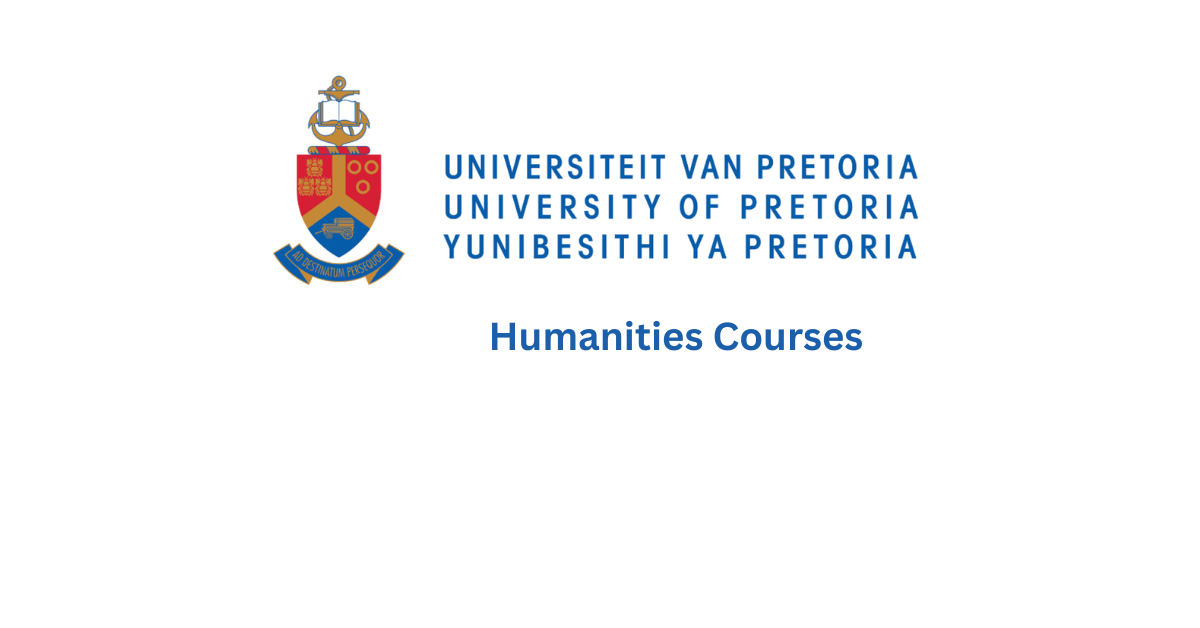The University of Cape Town (UCT) Faculty of Science is a hub of innovation, discovery, and academic excellence. As one of Africa’s leading faculties in scientific education and research, it offers a diverse range of programs that cater to a broad spectrum of scientific disciplines. With a commitment to addressing global challenges through knowledge and research, the faculty is a popular choice for students passionate about science and its impact on society.
This guide explores the categories of courses offered, qualifications available, course requirements, and the application process for the UCT Faculty of Science.
Categories of Course
The UCT Faculty of Science offers a robust array of undergraduate and postgraduate courses designed to equip students with the skills, knowledge, and research capabilities to excel in their chosen fields. These courses span a wide variety of scientific disciplines, from foundational studies to cutting-edge specializations.
1. Undergraduate Programmes
Undergraduate programs are structured to provide a strong theoretical foundation coupled with practical applications.
Bachelor of Science (BSc)
The BSc degree is the primary undergraduate qualification and allows students to specialize in one or more fields. Common majors include:
- Biological Sciences: Exploring ecosystems, biodiversity, and the biology of living organisms.
- Chemistry: Delving into the properties, reactions, and applications of chemical substances.
- Physics: Investigating the principles of matter, energy, and the universe.
- Mathematics and Applied Mathematics: Building analytical and problem-solving skills for various scientific applications.
- Environmental and Geographical Science: Studying the interactions between humans and the environment.
- Computer Science: Equipping students with programming, data analysis, and artificial intelligence skills.
Specialized Programmes
In addition to general BSc degrees, UCT offers more focused courses such as:
- BSc in Marine Biology: Concentrating on ocean ecosystems and marine life.
- BSc in Geology: Focusing on Earth’s structure, history, and resources.
- BSc in Astrophysics: Exploring celestial phenomena and the physics of the universe.
2. Postgraduate Programmes
Postgraduate programs at the Faculty of Science offer opportunities for advanced study and research across various scientific fields.
Honours Programmes
An Honours degree provides specialization beyond the undergraduate level and serves as a stepping stone to master’s programs. Fields include:
- Applied Mathematics
- Biotechnology
- Conservation Biology
- Data Science
Master’s Degrees (MSc)
Master’s programs combine coursework and research to develop expertise in a chosen discipline. Popular areas include:
- Climate Change and Sustainability
- Marine and Coastal Science
- Computational Science
- Quantum Physics
Doctoral Degrees (PhD)
The PhD is a research-intensive program allowing students to make significant contributions to scientific knowledge. Research topics often address pressing global challenges, such as renewable energy, biodiversity conservation, and artificial intelligence.
Qualification
The Faculty of Science at UCT awards qualifications that are highly respected both locally and internationally.
Undergraduate Qualifications
- BSc Degree: This foundational degree prepares students for professional careers in science, industry, or further studies.
Postgraduate Qualifications
- BSc Honours: A prestigious qualification that deepens knowledge in a specific field and enhances research skills.
- Master’s Degrees (MSc): These advanced qualifications prepare graduates for leadership roles in research, academia, or industry.
- Doc toral Degrees (PhD): The highest academic qualification, focusing on original research and scientific innovation.
Course Requirements
Admission to UCT’s Faculty of Science is competitive, with specific entry criteria for each program.
Undergraduate Requirements
- Academic Requirements:
- A National Senior Certificate (NSC) or equivalent qualification with strong grades in Mathematics, Physical Sciences, and English.
- Applicants should achieve a minimum APS (Admission Points Score) that meets or exceeds program-specific thresholds.
- Additional Considerations:
- Some specialized programs may require additional subjects or higher performance in science and mathematics.
- Applicants with a keen interest in research or scientific innovation may stand out.
Postgraduate Requirements
- Honours Programmes:
- A BSc degree in a relevant discipline with a minimum average of 65%.
- Master’s Degrees (MSc):
- A BSc Honours degree or equivalent qualification in the chosen field.
- Submission of a research proposal or statement of interest aligned with the faculty’s areas of expertise.
- Doctoral Degrees (PhD):
- A master’s degree in a related field of study.
- A detailed research proposal highlighting the intended contribution to the field of study.
How to Apply
Step 1: Research Programmes
Explore the UCT Faculty of Science website to identify the course that aligns with your interests and career goals. Take note of specific program requirements and deadlines.
Step 2: Prepare Application Documents
Collect and prepare the necessary documents, including:
- Certified copies of academic transcripts and certificates.
- A motivation letter outlining your interest in the program and your career aspirations.
- Proof of English language proficiency (if required).
- A research proposal for postgraduate applications.
Step 3: Apply Online
- Visit the UCT online application portal to create an account and submit your application.
- Ensure all sections are completed accurately, and required documents are uploaded.
Step 4: Pay the Application Fee
Pay the non-refundable application fee to finalize your application.
Step 5: Await Feedback
After submission, the admissions team will review your application. Successful candidates will receive an offer letter with instructions on the next steps.
Why Choose UCT Faculty of Science?
- Global Reputation: UCT is consistently ranked as one of Africa’s top universities, with its science faculty earning international acclaim for research and teaching excellence.
- Innovative Research Opportunities: The faculty provides students with access to cutting-edge facilities and world-renowned researchers.
- Interdisciplinary Focus: Students are encouraged to explore connections between disciplines, fostering innovation and holistic problem-solving skills.
- Real-World Impact: The faculty prioritizes research and education that address pressing global challenges, such as climate change, energy, and biodiversity.
- Dynamic Student Life: UCT offers a vibrant campus experience, including academic support, networking opportunities, and extracurricular activities.
Conclusion
The UCT Faculty of Science is a gateway to transformative education and groundbreaking research. With a diverse range of courses, a commitment to excellence, and a focus on real-world impact, it provides students with the skills and knowledge to excel in science and beyond.
Whether you aspire to be a researcher, educator, or innovator, UCT’s Faculty of Science offers the resources, guidance, and opportunities to help you achieve your goals. For more information, visit the UCT Faculty of Science website and start your journey into the fascinating world of science.



